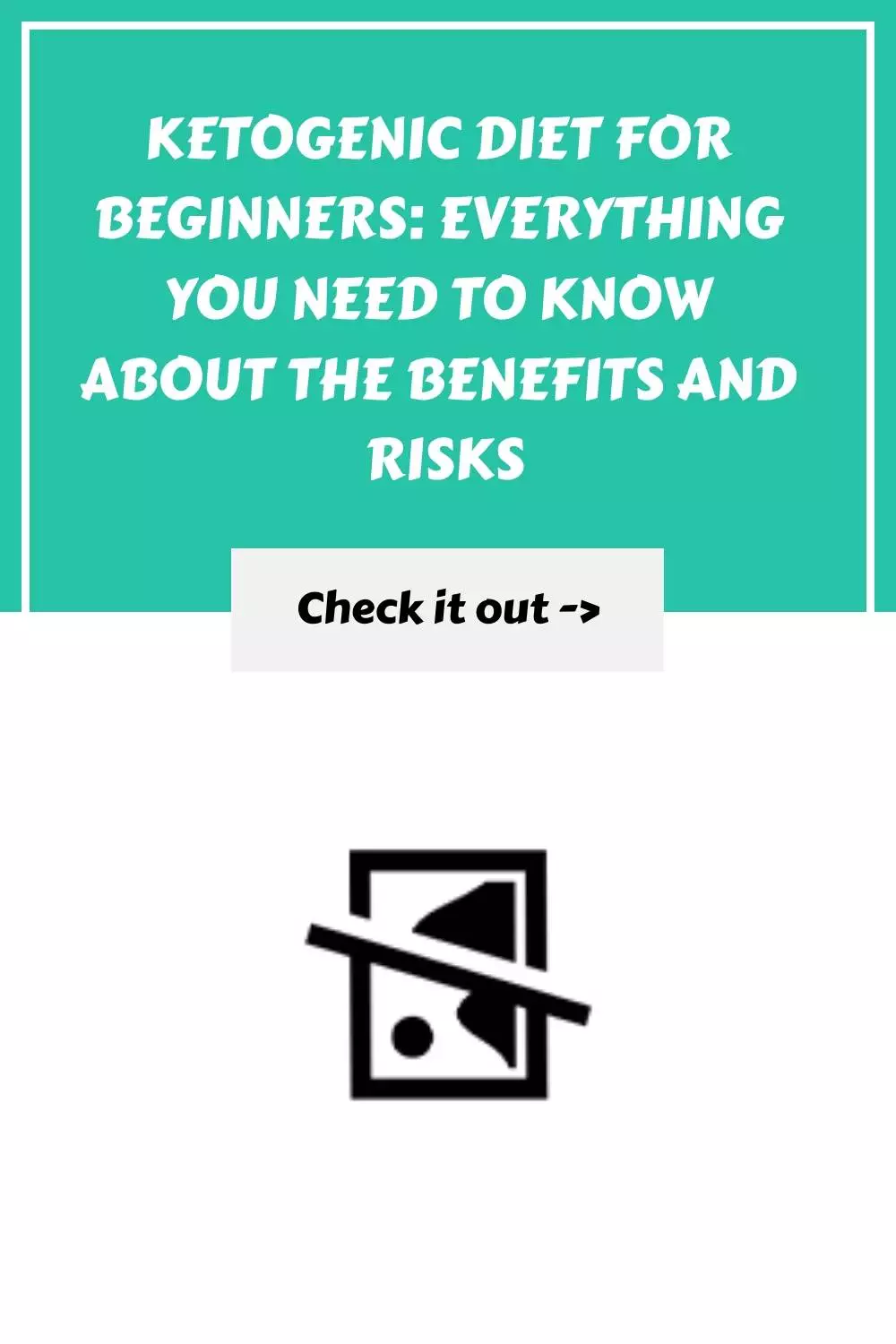Ketogenic Diet for Beginners: Everything You Need to Know About the Benefits and Risks
Are you tired of trying out different diets only to find yourself disappointed with the results? If so, then it’s time to try something new – the keto diet. In this article, we will explore everything you need to know about the ketogenic diet for beginners, including its benefits, risks, foods to eat (and avoid), common mistakes to avoid when starting a keto diet, and how to get started on your keto journey.
Introduction to the Ketogenic Diet
The ketogenic diet is a low-carb, high-fat diet that has been gaining popularity in recent years due to its effectiveness in helping people lose weight quickly and efficiently. The goal of the keto diet is to put your body into a state of ketosis, which occurs when your body burns fat instead of carbohydrates as fuel. This process leads to rapid weight loss while also providing numerous health benefits such as improved brain function, increased energy levels, and reduced inflammation throughout the body.
What is a Keto Diet and How Does it Work
A typical keto diet consists of 70% fats, 25% protein, and just 5% carbs. By drastically reducing your intake of carbohydrates, your body is forced to look elsewhere for energy sources, eventually turning to stored fat for fuel. As your body breaks down fat, it produces molecules called ketones, which can be used by the brain as an alternative source of energy.
Benefits of the Ketogenic Diet for Beginners
One of the most significant advantages of the ketogenic diet is its ability to help people lose weight rapidly without feeling deprived or hungry. Additionally, the keto diet has been shown to improve insulin sensitivity, reduce blood sugar levels, lower triglycerides, and increase HDL cholesterol (the “good” kind). It may even have anti-inflammatory properties that could potentially prevent chronic diseases like cancer and Alzheimer’s disease.
Foods to Eat (and Avoid) on a Keto Diet
On a keto diet, you should focus on eating whole, unprocessed foods that are rich in healthy fats and moderate in protein. Some examples include avocado, nuts, seeds, coconut oil, olive oil, fish, poultry, eggs, leafy greens, and non-starchy vegetables like broccoli and cauliflower. On the other hand, you should avoid processed foods, grains, sugars, starches, and refined oils as they can cause blood sugar spikes and hinder your progress towards achieving ketosis.
Common Mistakes to Avoid When Starting a Keto Diet
When starting a keto diet, there are several common mistakes that people make that can slow their progress or derail them altogether. One mistake is consuming too many calories overall, leading to weight gain rather than loss. Another mistake is not drinking enough water, which can lead to dehydration and headaches. Finally, some people struggle with constipation on a keto diet, but this can often be alleviated through increasing fiber intake and staying hydrated.
Conclusion: Getting Started with Your Keto Journey
If you’re ready to start your keto journey, the first step is to plan your meals carefully and ensure that you’re getting adequate nutrients from whole food sources. You might want to consider consulting with a registered dietician who specializes in the keto diet to create a personalized plan tailored to your specific needs and goals. With dedication and commitment, you can achieve success on the keto diet and experience all its incredible benefits!

